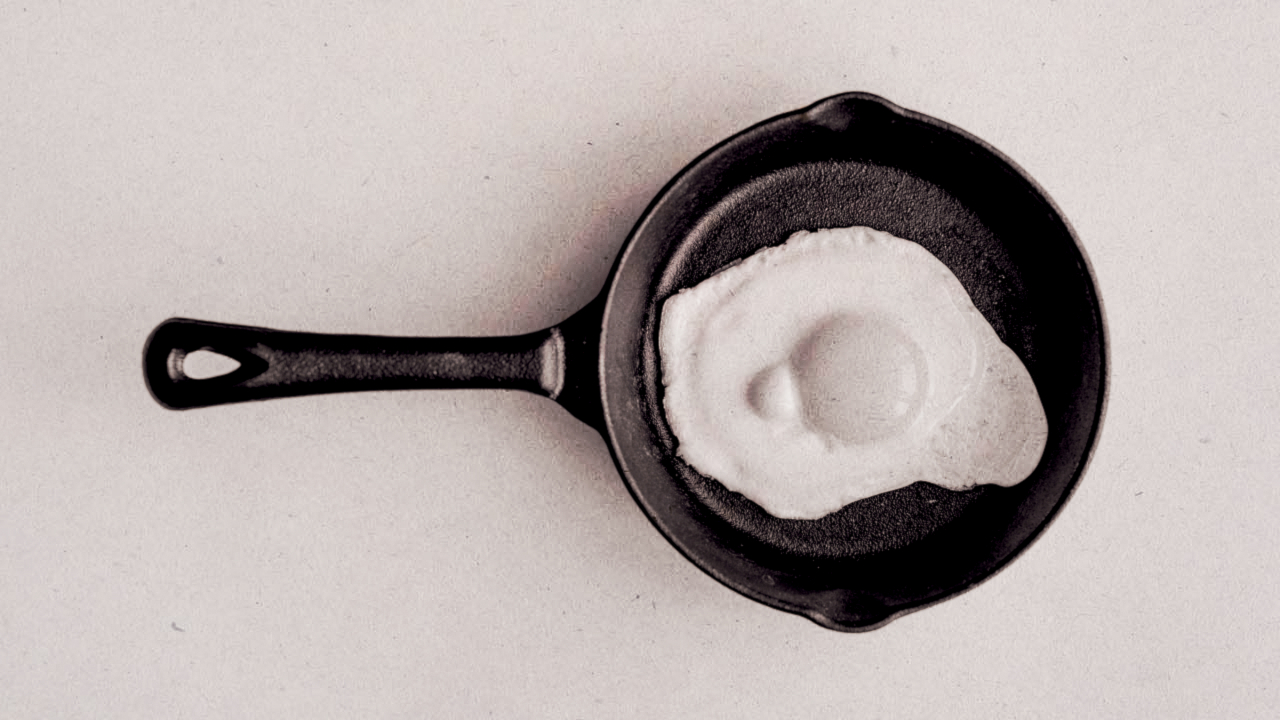5 Reasons to Buy the New 13-Inch MacBook Pro (and 4 Reasons to Skip It)
The new 13-inch MacBook Pro with Touch Bar looks identical to its predecessor, but once you start using it, you'll feel the difference in multiple ways. Apple has upgraded its 2018 laptop with serious power, promising up to twice the performance of the 2017 model.
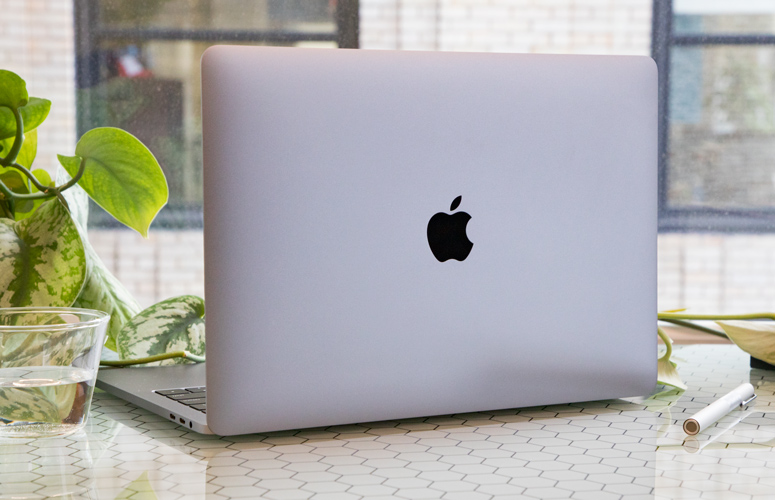
It also offers new features that seem subtle on the surface (like Hey Siri and a True Tone display) but, surprisingly, make a big difference in everyday use. Add in an improved keyboard, and you have what looks like a winner.
But starting at $1,799, this premium machine isn't for everyone, and not just because of its price. Here are the pros and cons of the 13-inch MacBook Pro with Touch Bar.
Amazing speed
Armed with a quad-core 8th Gen Core i5 or Core i7 CPU, 8GB of RAM and 256GB of storage, the 2018 13-inch MacBook Pro is a certified screamer based on our benchmarking.
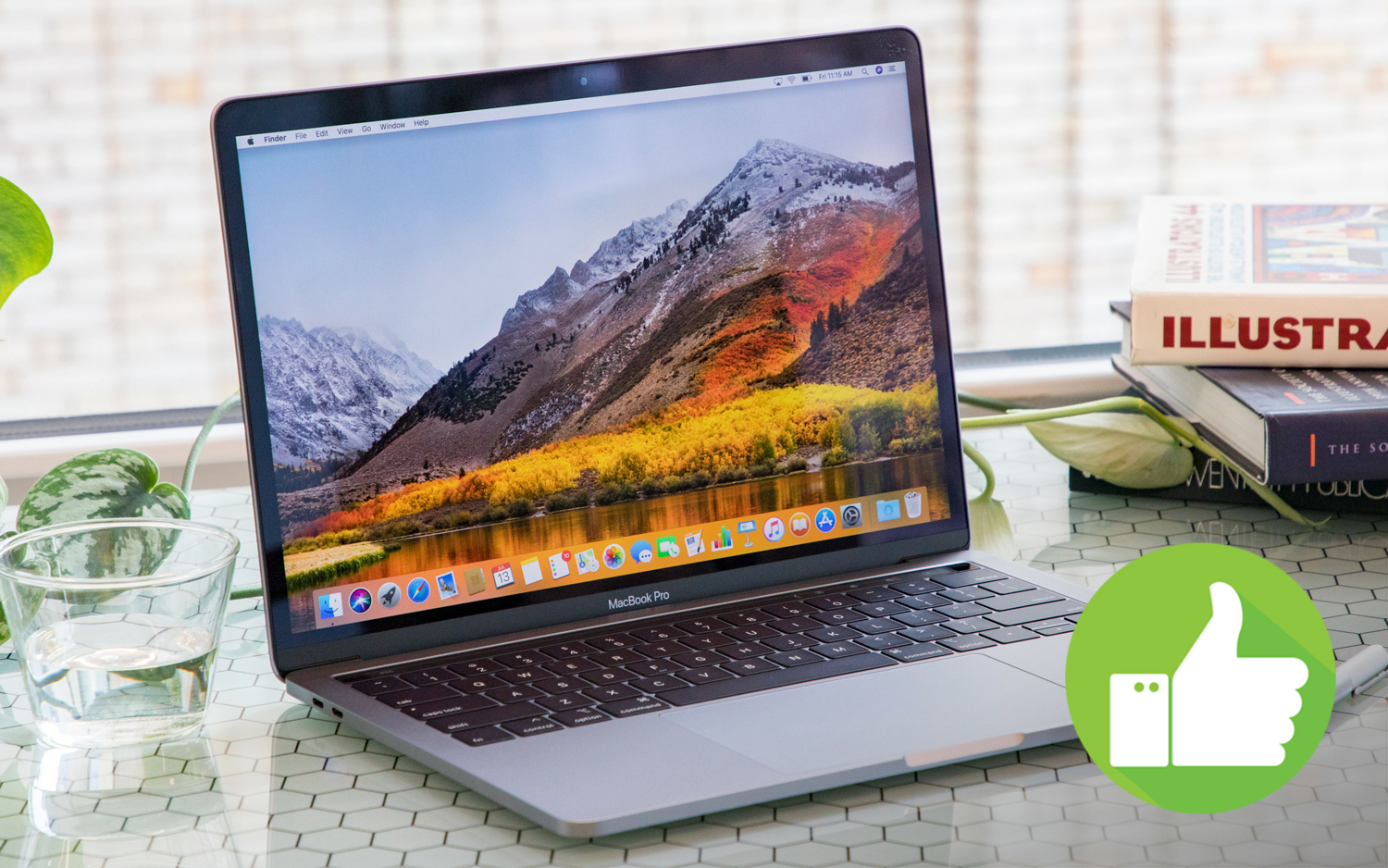
We reviewed a Core i7 model with 16GB of RAM, and it left Windows laptops in the dust on several tests. This includes Geekbench 4, which measures overall performance, and our 4K video editing test. And the SSD is absolutely blazing, as it turned in a write speed of 2,682 megabytes per second. The Dell XPS 13, for comparison, hit 1,208.8 MBps.
Quieter, more durable keyboard
Sign up to receive The Snapshot, a free special dispatch from Laptop Mag, in your inbox.
Apple isn't advertising this, but compared with previous Apple laptops, there's a much lower chance that this MacBook Pro will suffer from stuck keys.
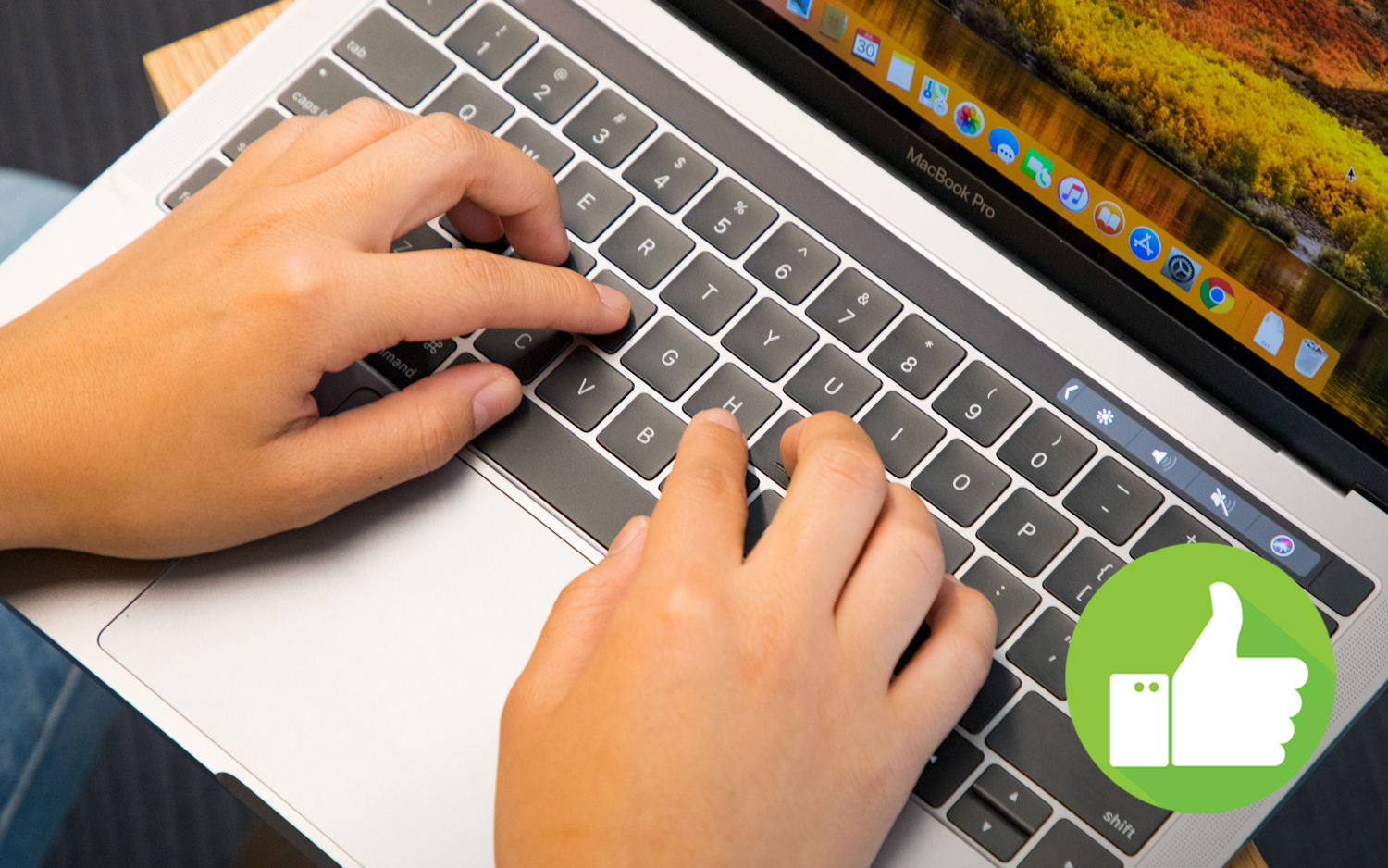
That's because the third-generation butterfly keyboard has a silicone layer underneath each key, which should help prevent debris from entering. The keyboard is also a bit quieter than before and offers a slightly softer feel based on our testing. Some don't like it, but I do.
True Tone display
The 13-inch screen on this MacBook Pro is just as bright and colorful as before, and its resolution is just as sharp, at 2560 x 1600 pixels.
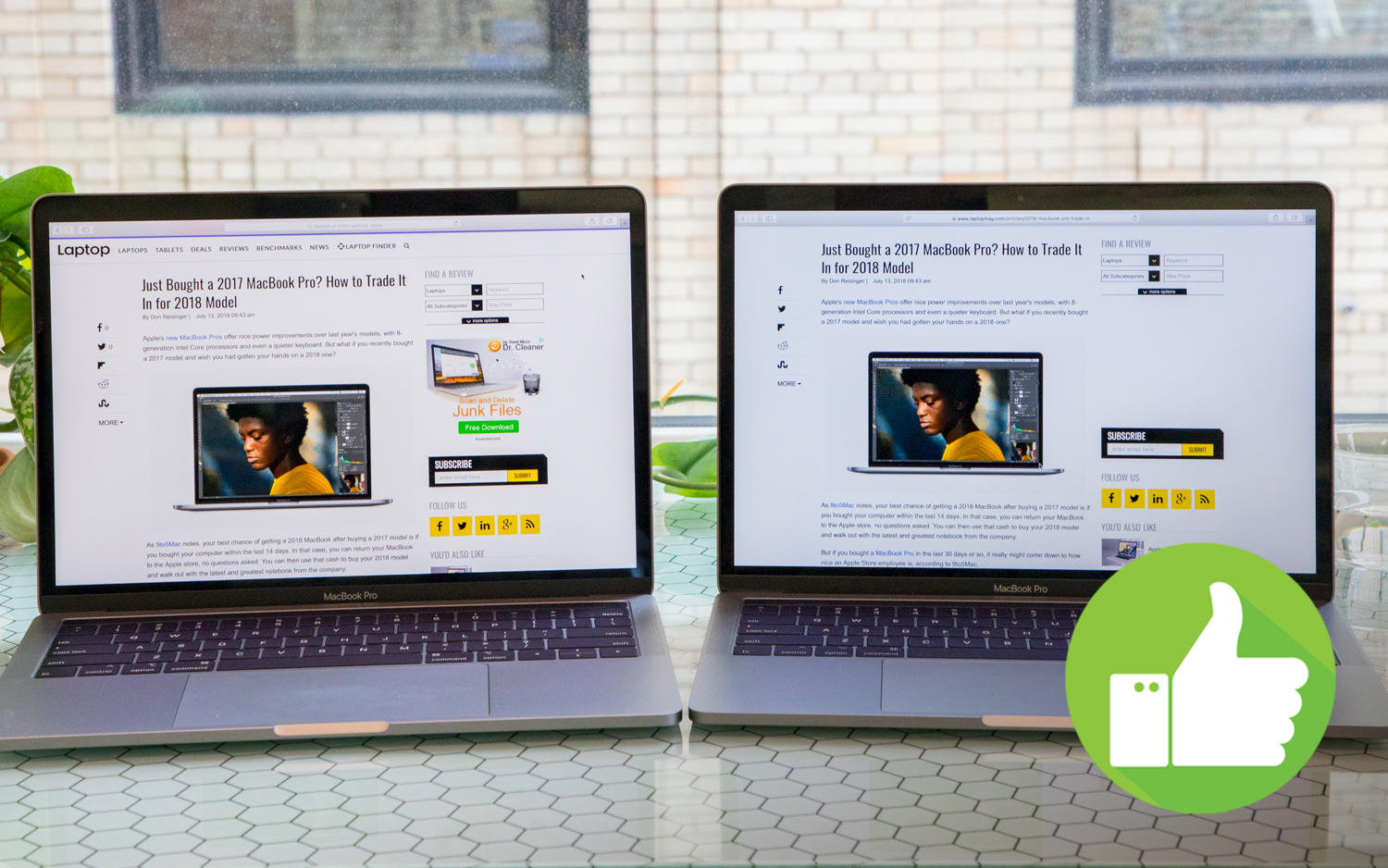
What's different now is the addition of True Tone technology, which changes the white balance of the panel based on the color temperature of ambient lighting. That translates to a more comfortable viewing experience, especially when you stare at a screen all day long for your job.
T2 chip and Hey Siri
Apple has integrated a new dedicated T2 chip of its own in the MacBook Pro, and it enables some pretty helpful features. These include full disk encryption for data stored on the SSD and a secure boot process.
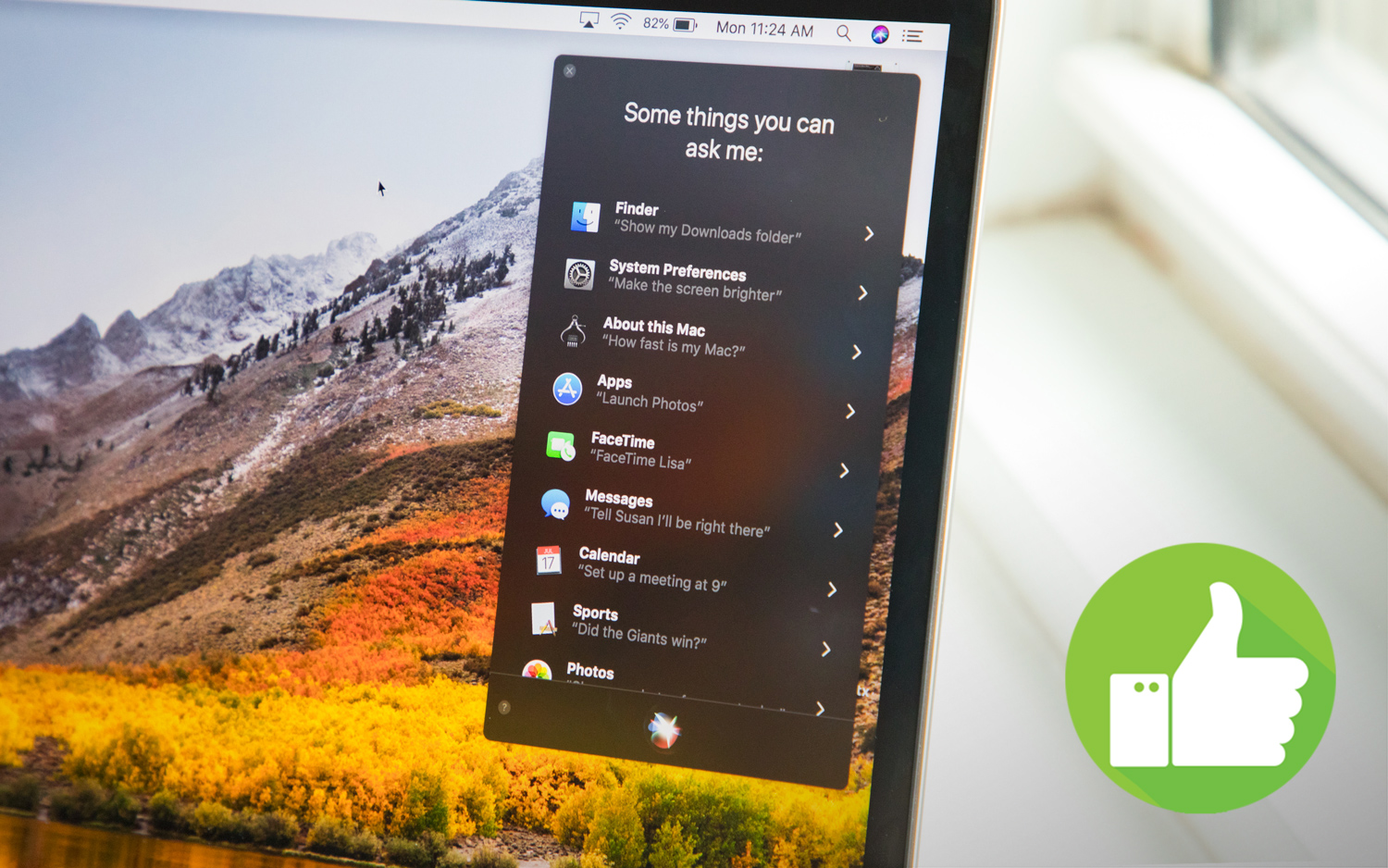
But that's boring. The more exciting feature is Hey Siri, which lets you use your voice to do everything from change settings on the laptop to launch websites with just your voice.
Great speakers
For most laptop makers, audio quality is an afterthought, but the two speakers that flank the MacBook Pro's keyboard deliver rich and balanced audio.
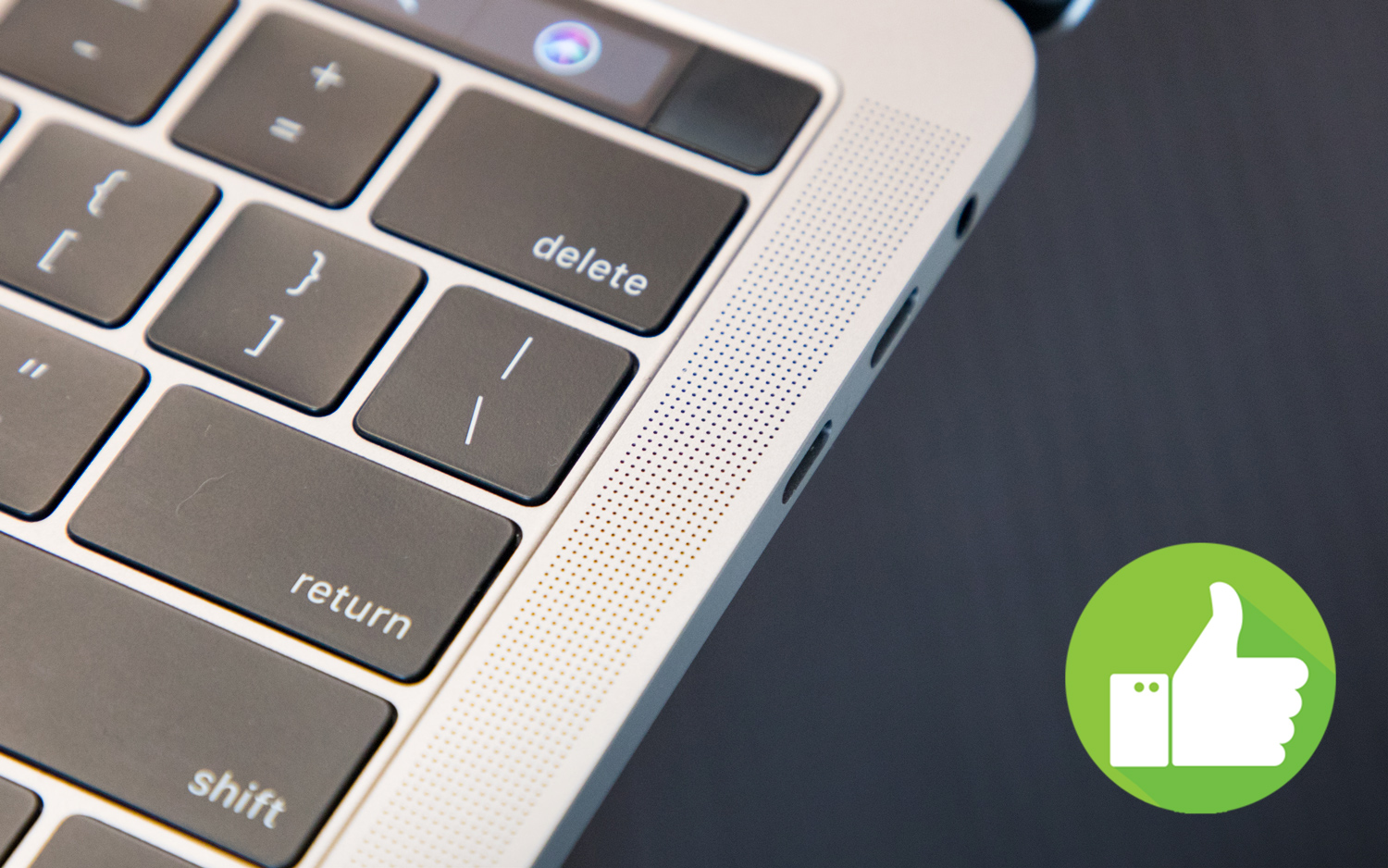
You'll appreciate the volume and clarity when making video calls but also when streaming music, as I did when using the Spotify app. And, unlike on many Windows notebooks, the sound doesn't distort at max volume.
Mediocre battery life
The 13-inch MacBook Pro packs a pretty beefy 58-watt-hour battery, which is actually a jump up from the 54.5-watt-hour battery on the 2017 model. But we didn't see great results on the Laptop Mag Battery Test, which simulates web surfing on 150 nits of screen brightness. The MacBook Pro lasted only 8 hours and 23 minutes. That was after performing Apple's software update designed to prevent performance throttling. Prior to the update, we saw a runtime of 8:43.
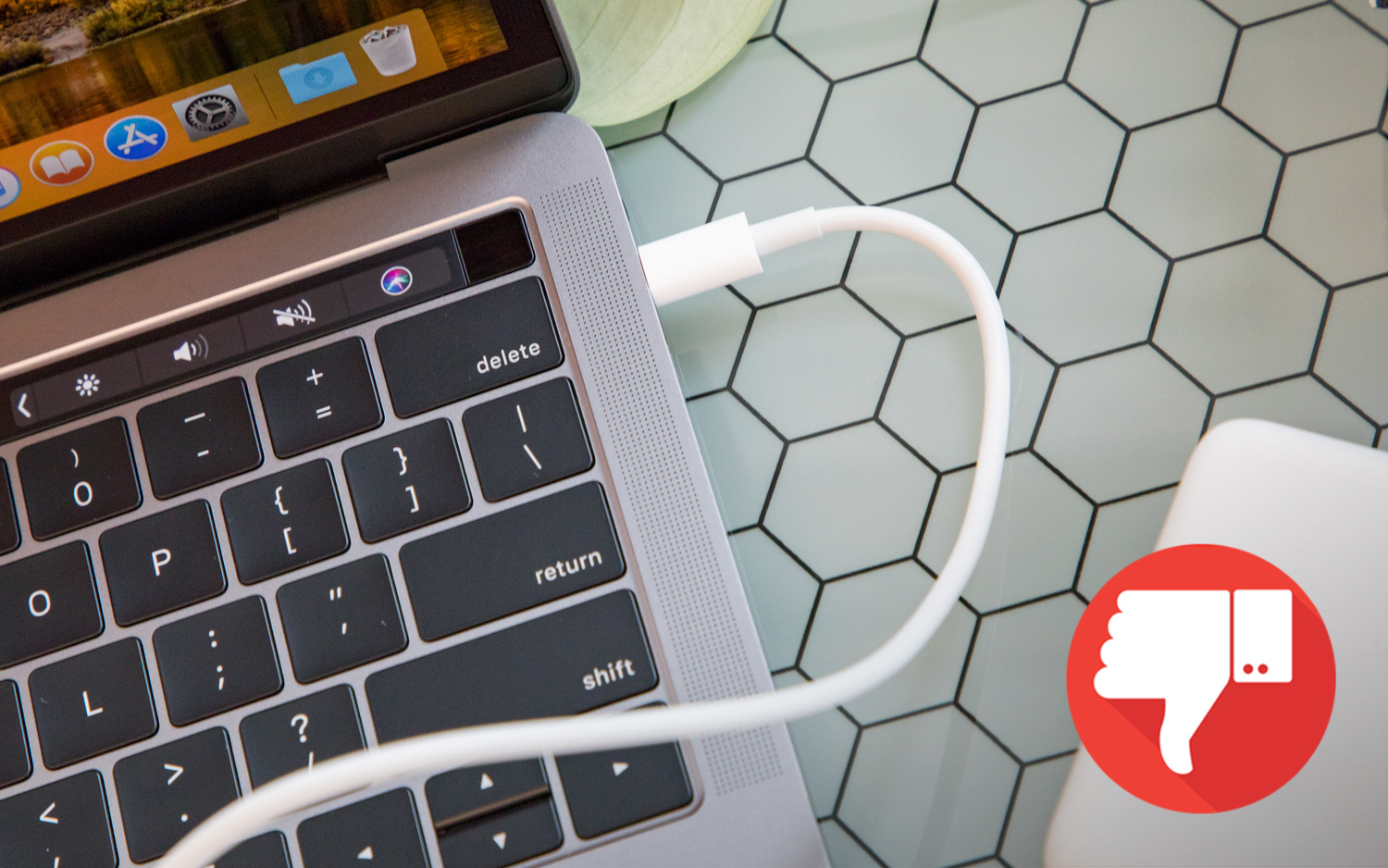
The average for premium laptops is 8:03, so the 13-inch MacBook Pro's battery life is above average. However, other systems last considerably longer. For example, the Core i5-powered Dell XPS 13 lasted 12 and a half hours on the same test, and the Huawei MateBook X Pro endured for 9:55.
Just-OK graphics performance
The Intel Iris 655 Plus graphics chip inside the 13-inch MacBook Pro should prove more than capable for photo and video editing, but it doesn't have the horsepower to handle mainstream games.
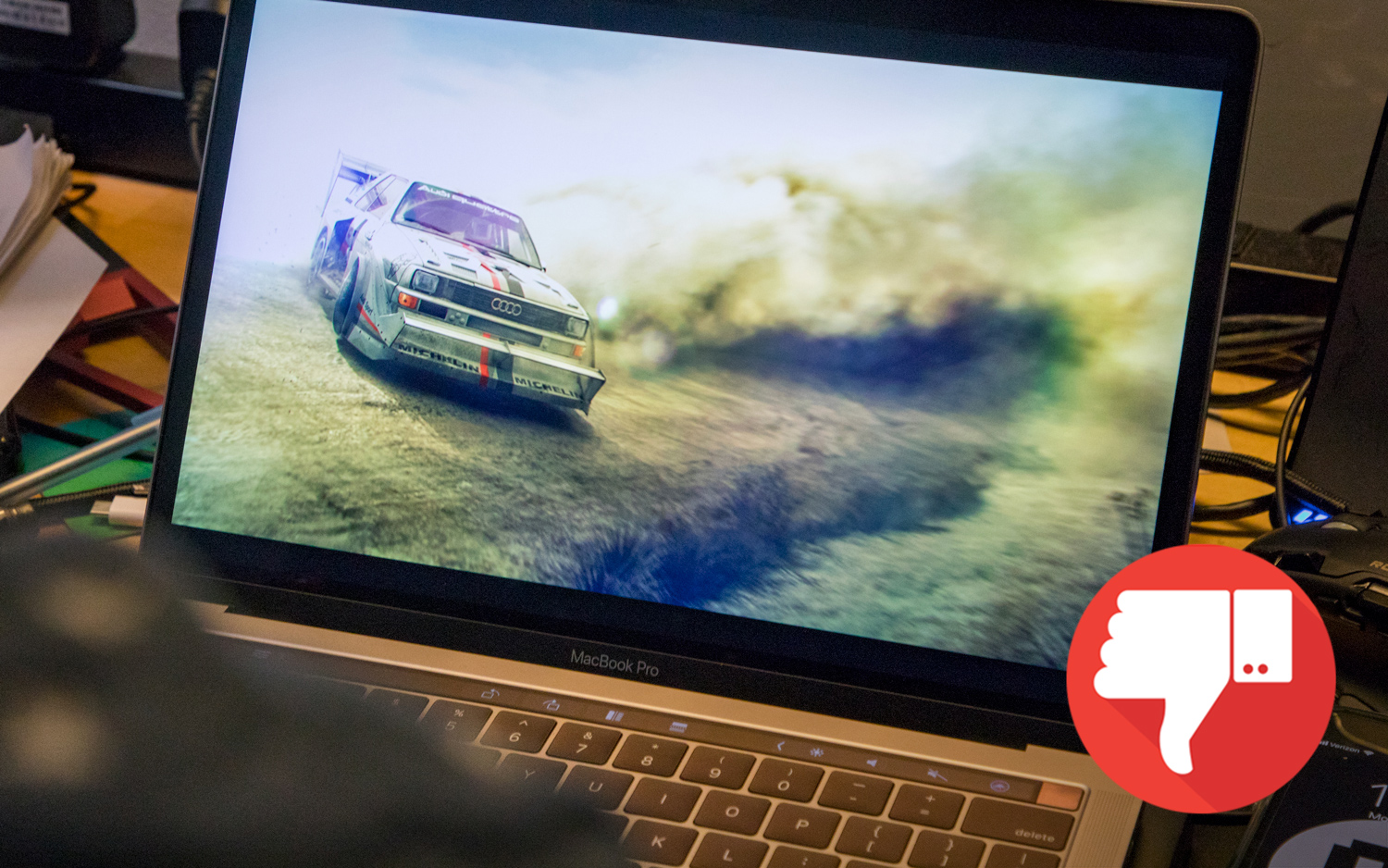
For example, on the Dirt 3 racing game, the system delivered a frame rate of 46.9 frames per second. That's playable but nowhere near what the cheaper Huawei MateBook X Pro and the Asus ZenBook 13 achieved with their Nvidia GeForce MX150 GPUs. We're talking more than double the frame rate: over 110 fps.
No legacy ports
I get it. Apple is trying to look ahead, which is why the 13-inch MacBook Pro with Touch Bar ditches a full-size USB port and SD card slot in favor of four Thunderbolt 3 ports.
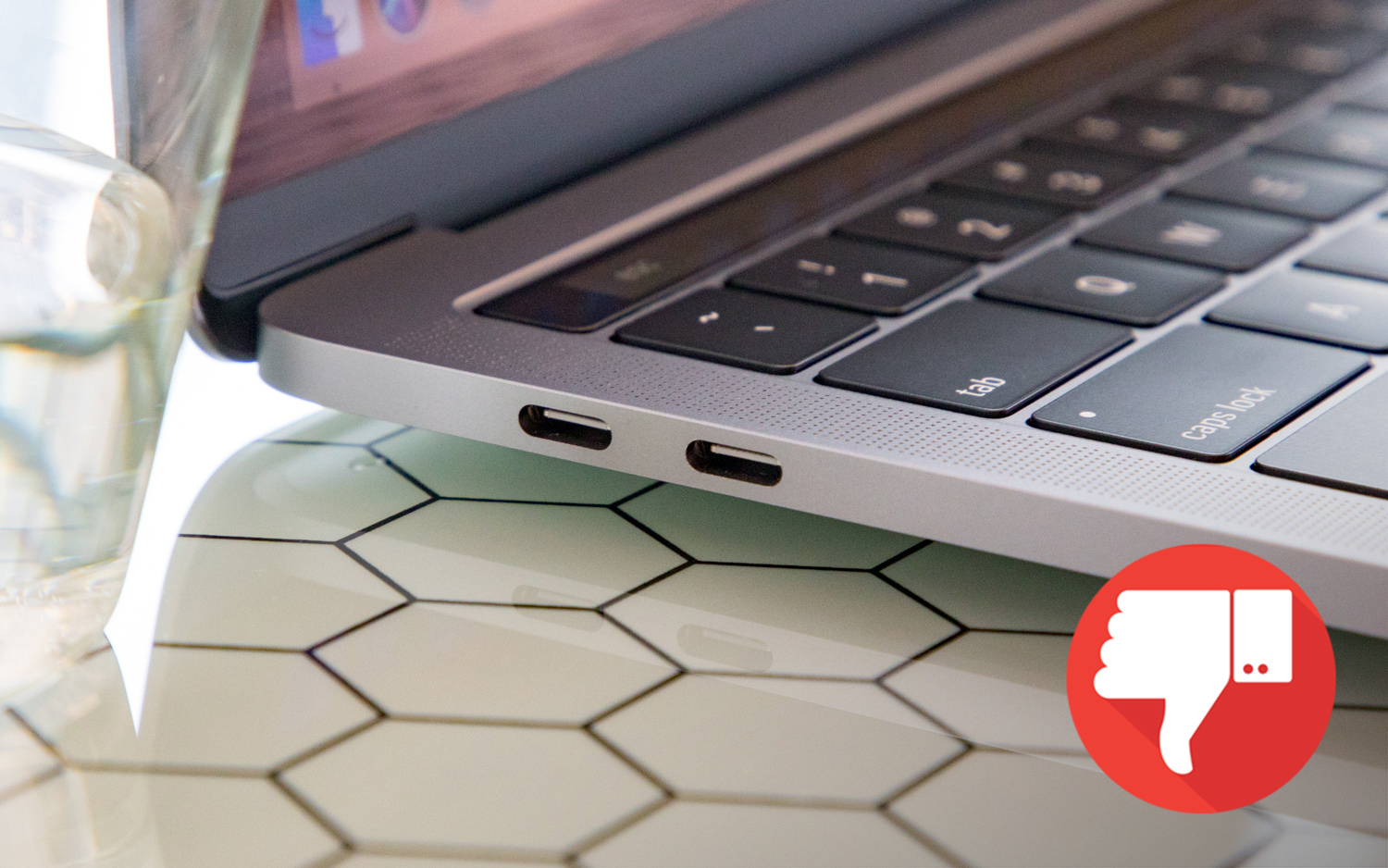
These ports provide serious bandwidth, but you'll still need an adapter to plug in various peripherals and your iPhone.
High price tag
Even if you accept that Apple's laptops command a premium versus the Windows competition, the starting configuration of the 13-inch MacBook Pro with Touch Bar runs a fairly steep $1,799. That price gets you a quad-core 8th Gen Core i5 CPU, 8GB of RAM and 256GB of storage.
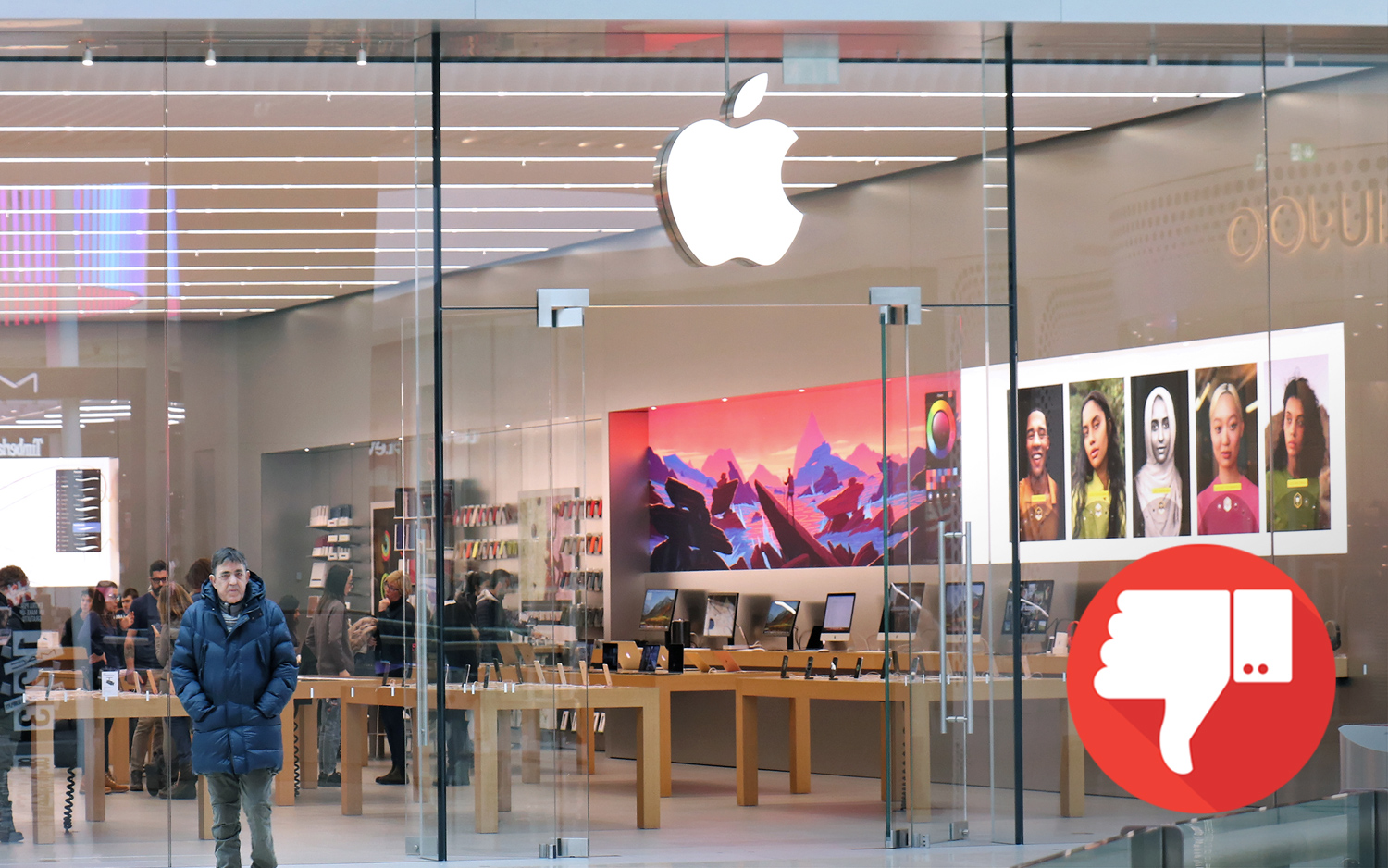
For comparison, a MateBook X Pro with a 3K, 13.9-inch, touch-screen display; 8GB of RAM; and a 256GB SSD costs just $1,199. Jumping up to a Core i7 chip, 16GB of RAM and a 512GB SSD will run you $1,599, which is still $200 less than the MacBook Pro's starting price.
Bottom line
If you're a Mac devotee, the 13-inch MacBook Pro with Touch Bar will satisfy you with its blazing performance, improved keyboard and little touches like Hey Siri and the True Tone display. But if you're not wedded to macOS, you can get a Windows Ultrabook with comparable performance for considerably less money. Overall, this MacBook is worth the splurge, but I wish the battery lasted longer on a charge.
Credit: Tom's Guide, Shutterstock

